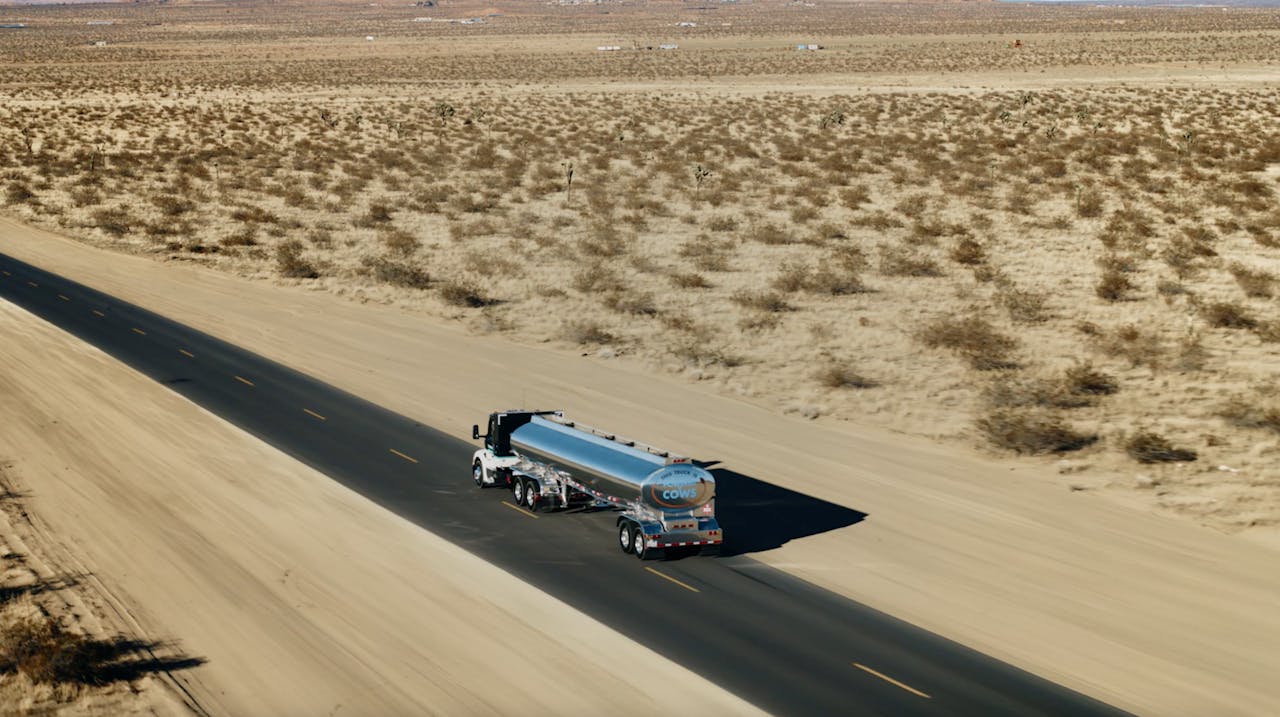Determining liability in a truck accident is not as straightforward as it may seem. Multiple parties could be at fault, from the truck driver to the trucking company, the vehicle’s manufacturer, or even third-party contractors. Truck accidents are often catastrophic, leading to severe injuries and complex legal battles. If you or a loved one has been involved in a truck accident, it’s crucial to understand who may be responsible for your injuries.
Working with an experienced Atlanta truck accident lawyer can be the key to navigating this complex landscape, ensuring that the liable parties are held accountable and that you receive the compensation you deserve. We will delve into three key areas: the truck driver, the trucking company, and other potentially liable parties.
Contents
The Role of the Truck Driver
When examining who is responsible for a truck accident, the first place to start is often the truck driver. Truck drivers must adhere to strict federal and state regulations governing their road behavior. These regulations include limits on driving hours, mandatory rest breaks, and guidelines for the secure loading of cargo.
However, not all drivers follow these regulations diligently. A driver might be fatigued from pushing beyond the legal limits of driving hours, leading to impaired reaction times and poor decision-making. Additionally, distractions such as mobile phones, GPS devices, or even eating while driving can cause a driver to lose focus. In some cases, reckless behavior like speeding or aggressive driving can be a significant factor in causing a collision.
If a truck driver’s negligence or violation of safety regulations directly leads to an accident, they can be held liable for the resulting injuries. However, it’s important to note that the driver might not be the only party responsible, as they often operate under the directives of their employer.
The Responsibility of the Trucking Company
Trucking companies are responsible for ensuring that their drivers operate their vehicles safely and comply with all regulations. This responsibility extends to several critical areas, including hiring and training drivers, maintaining the trucks, and enforcing safety protocols.
A company may be found liable if it failed to conduct proper background checks during the hiring process or ignored red flags, such as a driver’s history of traffic violations. Additionally, inadequate training or pushing drivers to meet unrealistic delivery schedules that encourage speeding or driving without adequate rest can also lead to liability.
Moreover, the trucking company must ensure that its vehicles are in proper working condition. Regular maintenance checks are essential to prevent mechanical failures that could lead to accidents. If a company neglects these responsibilities and a mechanical issue causes a crash, it can be held accountable.
The Role of Other Potentially Liable Parties
Beyond the truck driver and the trucking company, other entities might share liability in a truck accident. For instance, the truck manufacturer or its parts could be held responsible if a defect in the vehicle contributed to the accident. This could involve faulty brakes, tire blowouts, or steering malfunctions.
Another party that might be liable is the company responsible for loading the truck. Improperly loaded cargo can cause the car to become unbalanced, increasing the risk of rollover accidents or causing the driver to lose control. If the accident is traced back to improper loading, the party responsible for loading the truck could be held liable.
Finally, third-party contractors or vendors, such as maintenance companies or leasing agencies, might also bear some responsibility if their negligence in maintaining or providing the vehicle leads to an accident.
Conclusive Thoughts
Determining who is responsible for your truck accident injuries is a complex process that requires careful analysis of all potential contributing factors. Liability can extend beyond the truck driver to include the trucking company, manufacturers, and other parties involved in the truck’s operation and maintenance. By understanding the roles these different parties play, you can better navigate the legal landscape and ensure that all responsible entities are held accountable.
If you or a loved one has been injured in a truck accident, it’s essential to seek professional legal guidance to explore all possible avenues for compensation. Holding the correct parties liable is crucial to securing the justice and financial support needed to recover from such a traumatic event.




